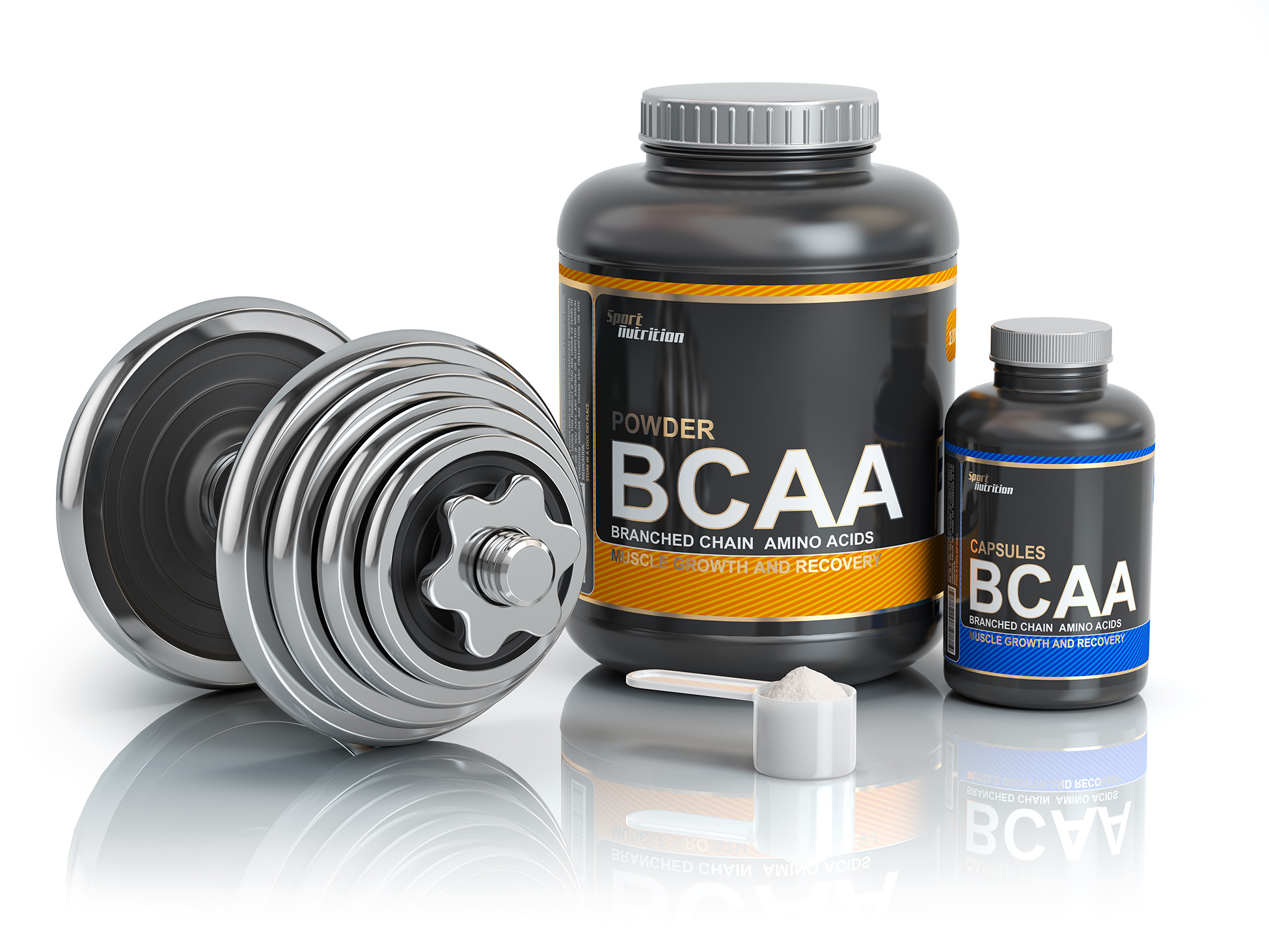If you’ve spent time in a gym or browsed the supplement aisle, you’ve probably seen BCAA supplements sitting right next to protein powders and pre-workouts. But what are BCAAs, and why are they such a big deal in the fitness world? Let’s break it down.
What is BCAA?
BCAA stands for Branched-Chain Amino Acids, a group of three essential amino acids: leucine, isoleucine, and valine. These amino acids are called “essential” because your body can’t make them—you must get them from food or supplements. BCAA amino acids are key players in muscle growth, recovery, and energy production during exercise.
BCAA Benefits
- Supports Muscle Growth: Leucine, in particular, stimulates muscle protein synthesis, making BCAAs popular among athletes and bodybuilders.
- Reduces Muscle Soreness: Regular use can help decrease post-workout soreness, allowing you to train more consistently.
- Prevents Muscle Breakdown: During intense workouts or calorie deficits, BCAAs help preserve lean muscle mass.
- Boosts Workout Energy: BCAAs can be used as a quick fuel source during prolonged exercise.
What Do BCAAs Do During a Workout?
When you train hard, your body breaks down muscle tissue. BCAAs, especially leucine, jump into action to stimulate repair and recovery. They also compete with tryptophan for entry into the brain, potentially reducing mental fatigue during long workouts.
Popular Forms of BCAA Supplements
BCAAs are available in capsules, ready-to-drink beverages, and the most popular—BCAA powder. Powder form is easy to mix into water, sports drinks, or even smoothies for a tasty, convenient boost before, during, or after training.
How to Use a BCAA Supplement
The best time to take a BCAA supplement depends on your goals. Many athletes sip on them during workouts for steady energy, while others prefer them post-training to speed up recovery. Typical servings range from 5–10 grams, depending on your body weight and workout intensity.
BCAA Side Effects
BCAAs are generally safe when taken at recommended doses. Potential mild side effects can include nausea or stomach discomfort if consumed on an empty stomach. If you have medical conditions—especially related to the liver—consult your healthcare provider before starting supplementation.
Do You Really Need BCAA Supplements?
If you already get plenty of protein from whole foods or protein powder, you might already be getting enough BCAAs. However, if you train intensely, are on a calorie-restricted diet, or want to reduce soreness, adding a dedicated BCAA powder can be worth it.
Bottom Line
From enhancing recovery to preserving muscle, BCAA benefits make them a go-to for many fitness enthusiasts. Whether you’re lifting heavy, running marathons, or simply looking to keep soreness at bay, BCAAs can help you perform—and feel—your best.


